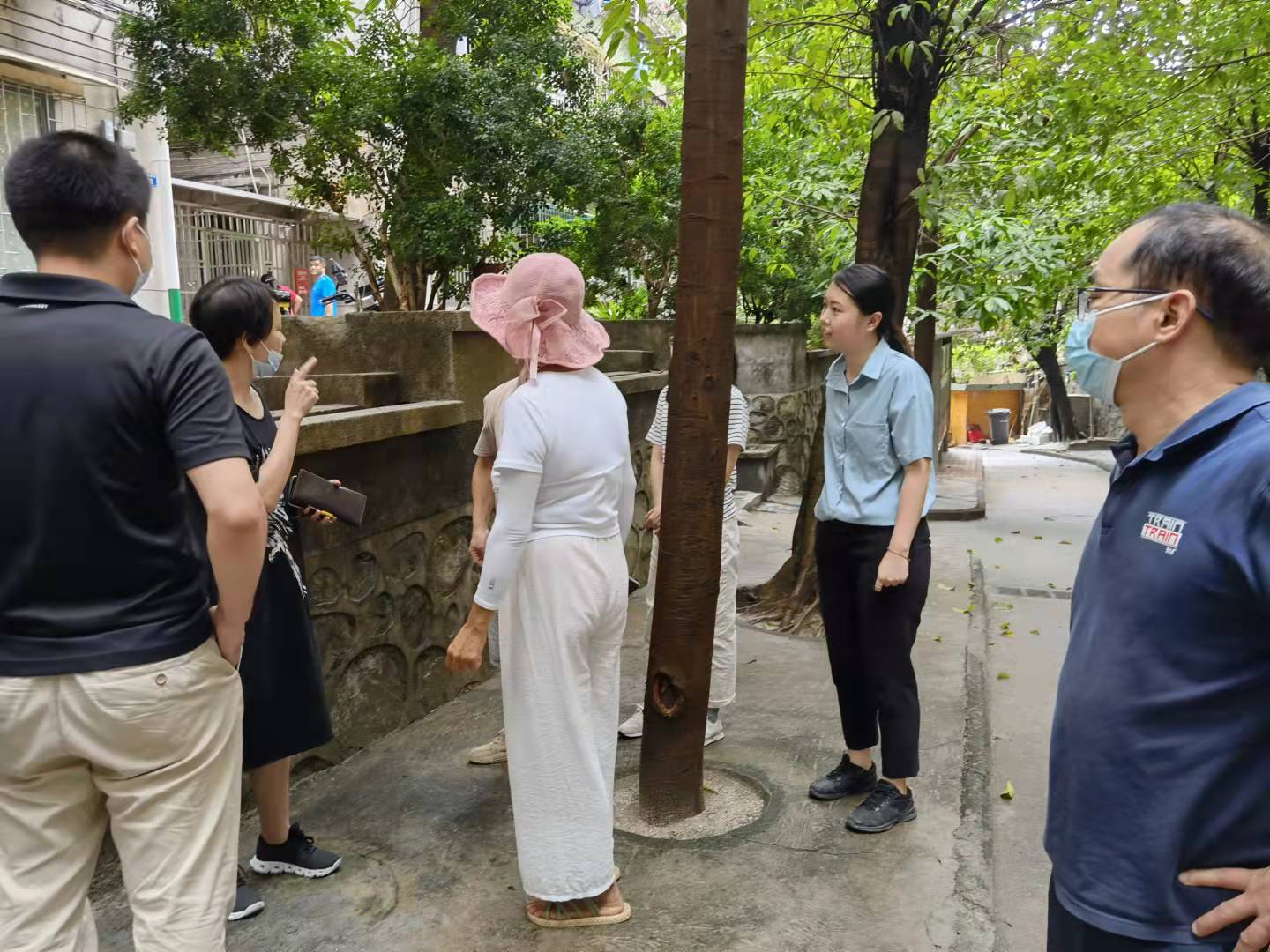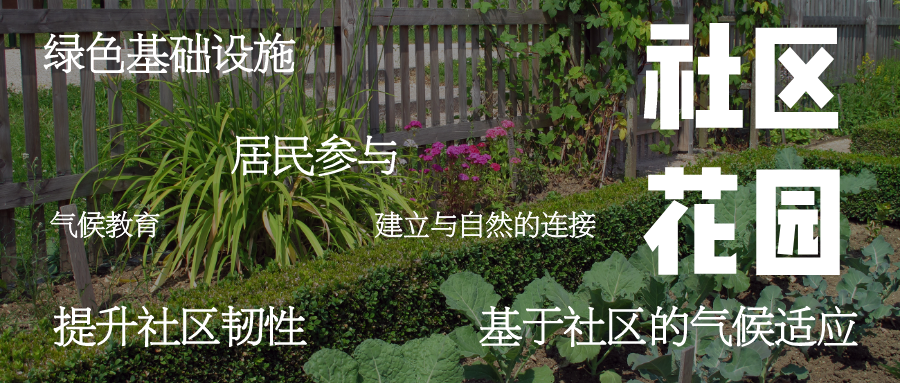Abstract:Community gardens are one of the many different types of urban green infrastructure. In terms of climate change mitigation and adaptation, they can perform the same roles as typical urban green infrastructure, including moderating temperature rise, enhancing rainwater storage, and restoring natural ecosystems within the city. In contrast to other green infrastructure, however, community gardens have socioeconomic values, not just building trust and promoting community engagement, but also changing people's perceptions of natural disasters and food security and improve their ability to respond to them.
As part of the Community Climate Change Project, HCF and Vanke Foundation launched the "Cultivating Climate Pioneers: Climate Adaptation Awareness Programme for Urban Community Residents in the Pearl River Delta Region" in August 2021. After interviews, site visits and review meetings, ten potential communities from Guangzhou, Foshan and Shenzhen were selected and are currently undergoing a second round of site visits and presentations, in addition to receiving assistance in mobilizing and forming planting groups within the communities. Prepare for the establishment of community gardens and climate education activities.
2021年8月,千禾社区基金会联合万科公益基金会发起“培力气候先锋——珠三角地区的城市社区居民气候适应意识提升计划”,该计划属于社区应对气候变化项目集的一部分。项目合计收到了来自26个社区的申请,经过访谈、走访和评审会,2021年9月15日从中筛选出来自广州、佛山和深圳的10个有潜力的社区,目前正在进行第二轮走访和项目宣讲会,并协助申请人在社区内部开展动员活动并组建种植小组。11月,我们将从10个社区中选择5个社区,准备建立社区花园并开展气候教育活动。

我们选择社区花园作为社区应对气候变化的工作策略,主要考虑到它的多重功能和含义,我们相信当人类真正了解地球所面临的巨大环境问题时,园艺就会从一种爱好变成对我们的未来、地球的未来的投资。
? 社区花园得以营造,社区环境更美,社区互信度更高,自然能提高周边房产的价值。
?健康的花园是天然而强大的碳汇。
?为食物残渣和庭院垃圾提供天然用途,否则这些垃圾和庭院垃圾最终会进入垃圾填埋场或下水道设施。
?雨水收集和自然灌溉系统可以节约用水,减轻大规模农业的负担。
?种植水果和蔬菜还减轻了农民、超市等的负担,并为当地野生动物提供了食物。
?滋养土壤,促进更多植物生长、生物多样性和减少侵蚀。
?可用于降低供热制冷成本、电网负担。


